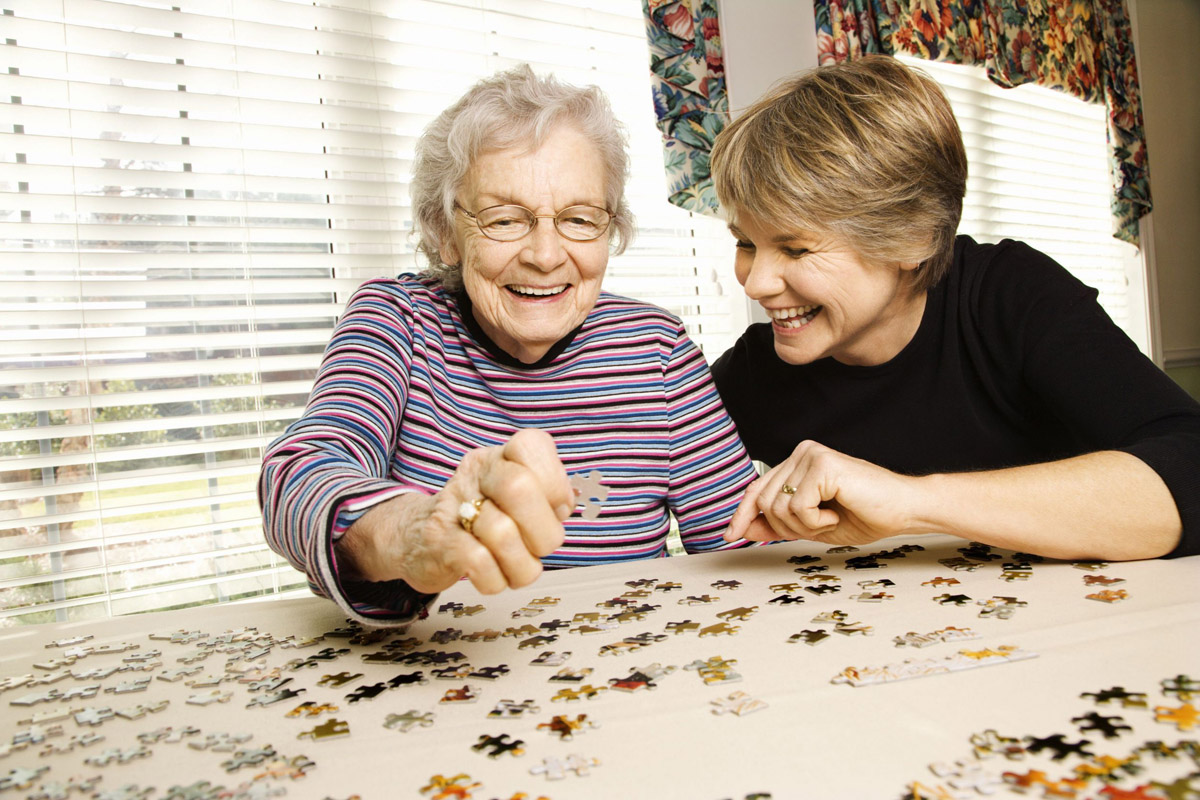Here at Quality Family Care we are very passionate about supporting the elderly community in more ways than one. Besides the normal everyday in-home care professionals we refer, our team likes to stay active by raising money for causes that help. This month we are focusing on raising money for a Walk to End Alzheimer’s. As one of the hardest situations to deal with, not only as a family member, but as a caregiver, QFC has compiled a list of ways you can help a family struggling with a loved one affected by this disease. Follow the link to our Facebook for direct donations.
Here are some ways you can help besides donating directly.
1. Educate yourself about Alzheimer’s disease.
Learn about its effects and how to respond.
2. Stay in touch.
A card, call or visit can show you care.
3. Be patient.
Adjusting to an Alzheimer’s diagnosis is an ongoing process and each person reacts differently.
4. Offer a shoulder to lean on.
The disease can impact the entire family. Simply offering your support and friendship can provide comfort.
5. Include the person with dementia in conversation.
It’s important to engage the person even as his or her communication skills decline.
6. Help the family tackle its to-do list.
Prepare a meal, run an errand or provide a ride.
7. Invite family members to join you in leisure activities.
Invite them to take a walk or participate in other enjoyable activities.
8. Offer a reprieve.
Spend time with the person living with dementia so family members can enjoy time alone or with friends.
9. Be flexible.
The family may need time to assess its needs. If they don’t accept your offer for support or assistance right away, try asking again later.
10. Get involved with the Alzheimer’s cause.
Show your support for the family by joining the fight against the disease. You can call 800-272-3900 for more info.
People living with early-stage Alzheimer’s would like you to know:
» I’m still the same person I was before my diagnosis.
» My independence is important to me; ask me what I’m still comfortable doing and what I may need help with.
» It’s essential that I stay engaged. Invite me to do activities we both enjoy.
» Don’t make assumptions because of my diagnosis. Alzheimer’s affects each person differently.
» Ask me how I’m doing. I’m living with a disease, just like cancer or heart disease.
» I can still engage in meaningful conversation. Talk directly to me if you want to know how I am.
» Don’t pull away. It’s OK if you don’t know what to do or say. I value your friendship and support. Family members would like you to know:
» We need time to adjust to the diagnosis.
» We want to remain connected with others.
» We need time for ourselves.
» We appreciate small gestures.
JOIN THE FIGHT
» Volunteer for the Alzheimer’s Association. Visit alz.org/CRF to find an office in your area.
» Participate in Walk to End Alzheimer’s®
(alz.org/walk) and The Longest Day®
(alz.org/thelongestday).
» Become an advocate. Visit alz.org/advocacy.
» Participate in a clinical study as a healthy volunteer. Get started by creating a profile with Alzheimer’s Association TrialMatch®
(alz.org/TrialMatch).
If you or a loved one is in need of in-home care-giving services that help with problems associated with Alzheimer’s, contact Quality Family Care today at 877-513-7156 to talk to one of our referral specialists to find the perfect match for your needs. You are not alone!











